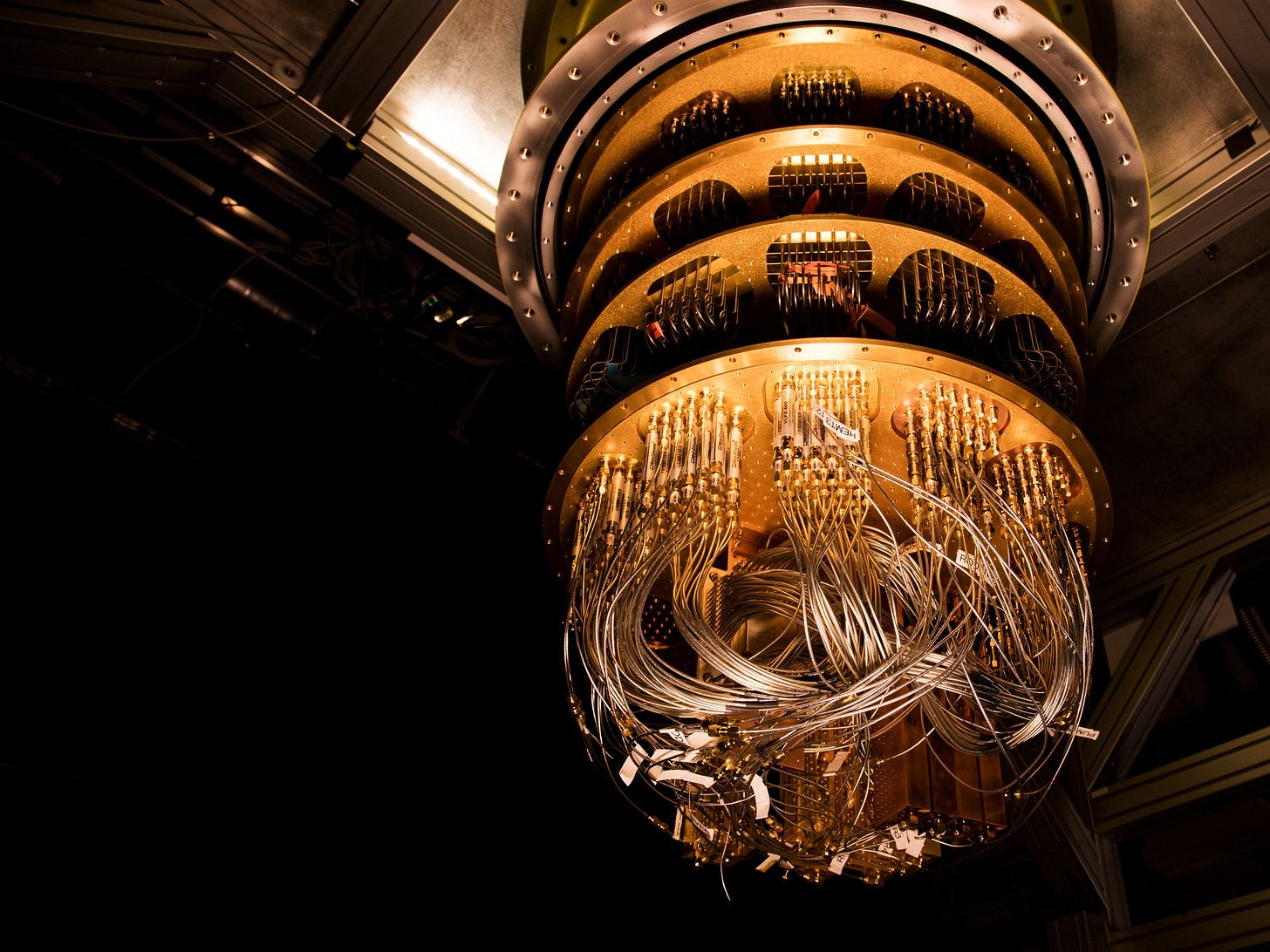Hey friends,
This week, I was truly inspired by quantum computing. I researched, and came across new information that I want to share this Sunday.
Credit: wired.com
Ok Suhana, what is quantum computing? Why should I care?
Well, here’s a wikipedia definition:
“A quantum computer is a computer that exploits quantum mechanical phenomena.”
…
I came across a fascinating analogy by Cleo Abram that might help explain it better.
She compares quantum computing to a mathematical game set on a continent. Our exploration in mathematics, physics, and science is like the advancements in transportation, the characters in the game started with walking and eventually got horses, bikes, and cars. However, quantum computing is like introducing a submarine to navigate water - it's designed for a completely different challenge.
Now the ‘quantum computer‘ is really a chip inside of an actual ‘computer‘ like the one in the picture that makes all the quantum computing happen.
The computer is put inside a dilution refrigerator, that keeps the computer very cold: 15 millikelvins. And that is colder than space!
Unlike classical computers that use bits (0s and 1s), qubits are more complex, representing both 0s and 1s at the same time with low and high energy waves. Quantum computers are incredibly powerful for tasks like finding patterns in large datasets and simulating nature, especially at the atomic level. This makes them essential for predicting how atoms and molecules interact and for developing new materials and battery technology.
However, quantum computers aren't faster at everything compared to classical computers.
Simple calculations like (4 x 3) can still be done quicker on a smartphone or calculator. Also, quantum computing poses interesting implications for encryption and security, but that's a complex topic on its own.
In essence, quantum computing is not only fascinating but also showcases our ability to advance technology in new and remarkable ways. It reminds us that we are constantly evolving and pushing the boundaries of what's possible.
If you want to explore this further or see some cool visualizations, I highly recommend checking out Cleo's video for more insights.
Keep learning,
Suhana.


